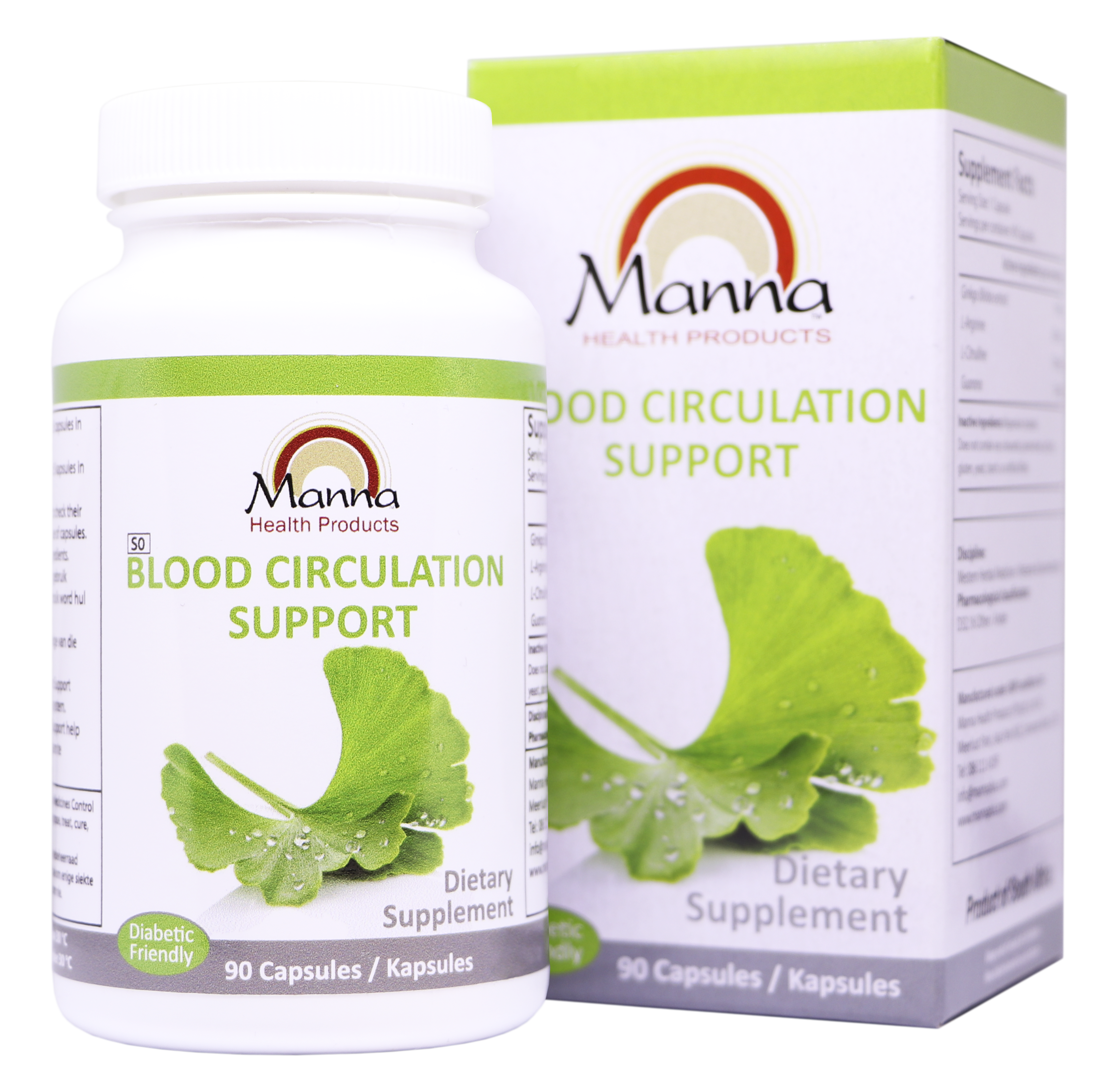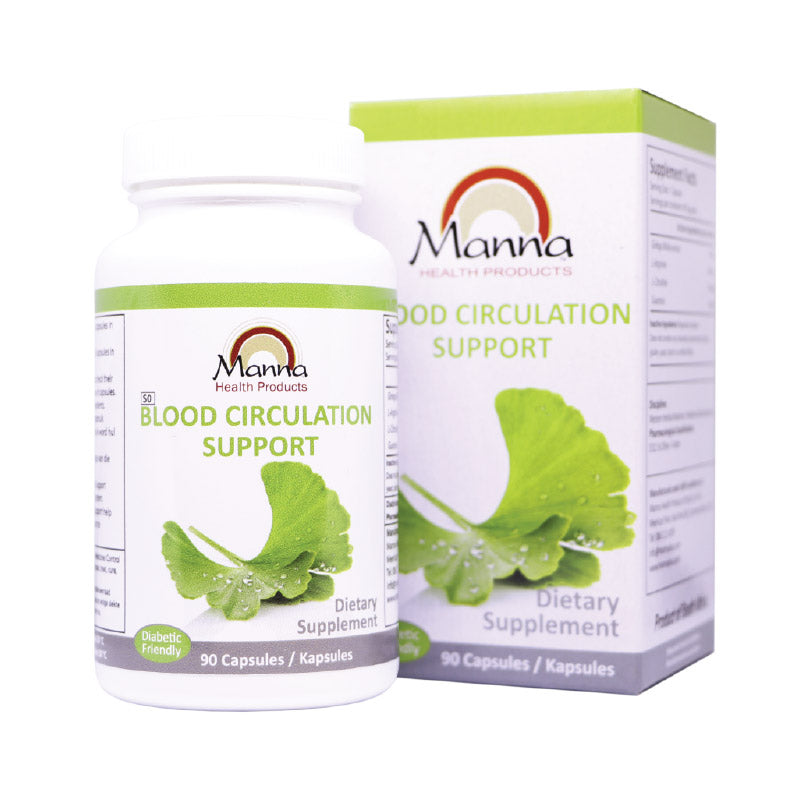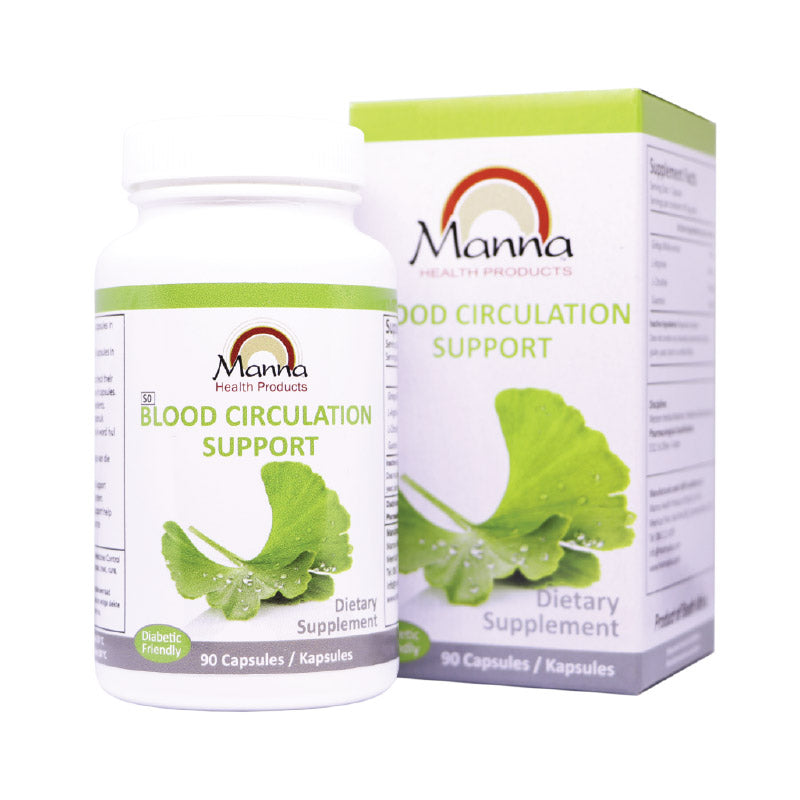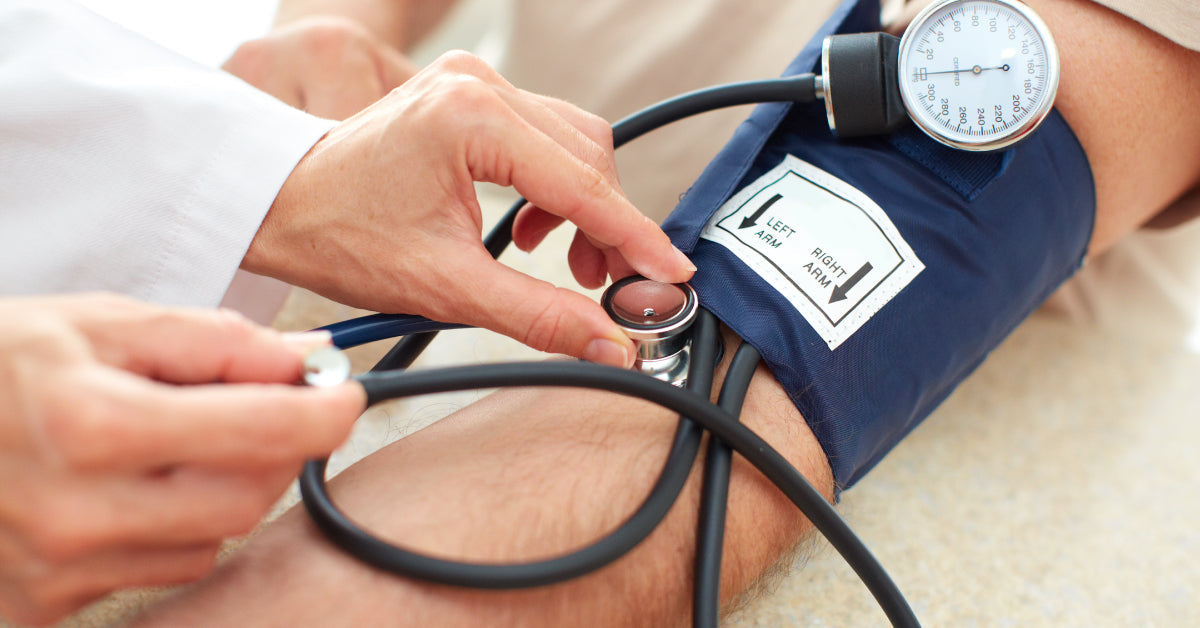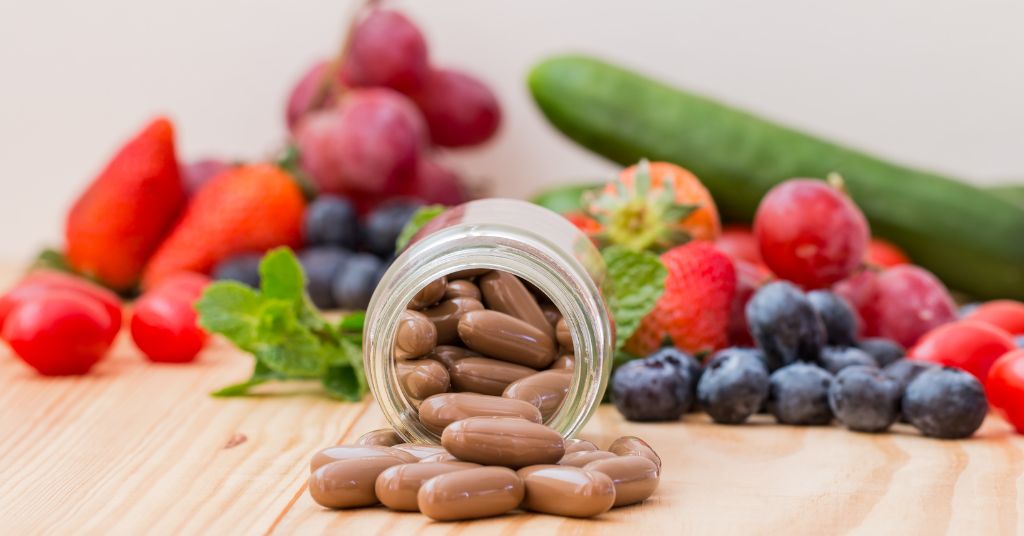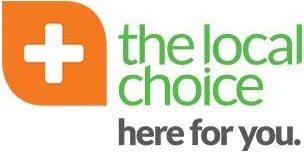According to the South African Heart and Stroke Association about one in three South Africans have high blood pressure.
Around 45% of men and 48% of women older than 15 years in South Africa have hypertension, according to a study in the journal Global Epidemiology.
Learn more about the unique risk factors for high blood pressure that women face. High blood pressure can be lethal. The condition is known as the “silent killer” as hypertension usually does not show any symptoms. The best way to prevent high blood pressure is to check your blood pressure regularly and manage risk factors within your control.
Risk factors
Men typically develop high blood pressure and cardiovascular diseases earlier than women. However, there are certain risk factors, pertaining to women, that can cause high blood pressure especially in later life.
Generally, the following are risk factors for high blood pressure in men and women.
Risk factors for hypertension can be divided into three categories:
- those you cannot control, such as your family health history, ethnicity, as well as your age.
- those you can control, such as being overweight, not exercising, smoking, making unhealthy food choices, and using recreational drugs.
- associated diseases or organ damage that can also increase your risk, such as high cholesterol, heart disease, angina, heart failure, diabetes, stroke, kidney damage, retinal damage, and damage to blood vessels.
Risk factors pertaining to women:
- Problems during pregnancy. Sometimes high blood pressure begins before pregnancy. In other cases, the condition develops during pregnancy.
- Taking certain birth control medications. Birth control containing estrogen can increase blood pressure.
- Having premenstrual migraines.
- Menopause. Changes in hormones during perimenopause and menopause can lead to weight gain and make blood pressure more sensitive to salt in the diet — which, in turn, can lead to higher blood pressure.
What can women do?
During pregnancy
Pregnant women should have regular prenatal check-ups to monitor their blood pressure. Depending on the severity, a doctor may recommend medication.
Choosing birth control
If you are 35 years old or younger and have well-controlled blood pressure and are healthy, you can safely use birth control with estrogen. However, it is important to have a health professional check your blood pressure within one month of starting this type of birth control and twice a year for routine checks.
If you are older than 35 or have multiple risk factors for heart disease or uncontrolled high blood pressure, you should not use birth control containing estrogen.
Managing premenstrual migraines
Women can eat healthy foods and avoid triggers like skipping meals or eating sugary foods, alcohol, and caffeine. Regular exercise, getting adequate sleep, using relaxation techniques (like yoga, tai chi, or meditation), and acupuncture can also help to reduce the frequency of premenstrual migraines.
Managing menopause
During menopause, women may experience an increase in blood pressure. Hormone replacement therapy may be used in some cases to help manage menopausal symptoms along with blood pressure. Lifestyle changes can also help with high blood pressure during menopause.
Lifestyle changes
The following lifestyle changes can be implemented by both men and women to combat high blood pressure.
Exercise regularly:
Regular exercise helps lower blood pressure by improving the heart and circulatory system. Aim for at least thirty minutes of exercise a day, such as brisk walking, jogging, biking, swimming, or aerobics.
Follow a healthy diet:
Eating a diet that is low in sodium (salt) and rich in whole grains, fruits, vegetables, and low-fat dairy can help reduce blood pressure and improve overall health
Lose weight:
Being overweight or obese can increase your risk of hypertension. Eating a healthy diet and engaging in physical activity can help you maintain a healthy weight.
Reduce Stress:
Stress can raise blood pressure, so it is important to find healthy ways to cope with stress. Some strategies may include meditation, yoga, breathing exercises, or talking to a therapist.
Reduce alcohol intake:
Excessive alcohol consumption can put extra strain on the heart and increase blood pressure. If you drink, limit yourself to no more than two drinks per day.
Quit Smoking: Smoking is a major risk factor for developing high blood pressure. Quitting smoking can help lower blood pressure and reduce your risk of various health problems.
Takeaway
When it comes to high blood pressure, women face a unique set of challenges. If you are pregnant make sure to regularly get your blood pressure tested. You can also talk to your doctor about the best birth control to use, that will not raise your blood pressure. If you struggle with premenstrual migraines or are transitioning into menopause, you’d want to keep tabs on your blood pressure. There are many lifestyle changes you can make to lower your blood pressure – quitting smoking, losing weight, eating healthily and reducing stress will help you lower your blood pressure.
Unlock the Power of Optimal Blood Flow with Manna Blood Circulation Support!
Are you looking for a natural and effective way to improve your blood circulation and maximize your overall health? Look no further! Manna Blood Circulation Support is a revolutionary formulation, carefully crafted with the highest quality natural ingredients to promote positive blood flow in a completely safe and natural manner.
Why Choose Manna Blood Circulation Support? We take pride in providing you with a product that is FREE from ALL major potential allergens and ANY additives. With our focus on ultimate enhancement of the vascular system, we’ve meticulously chosen only four powerful ingredients, ensuring each one delivers the highest impact.




